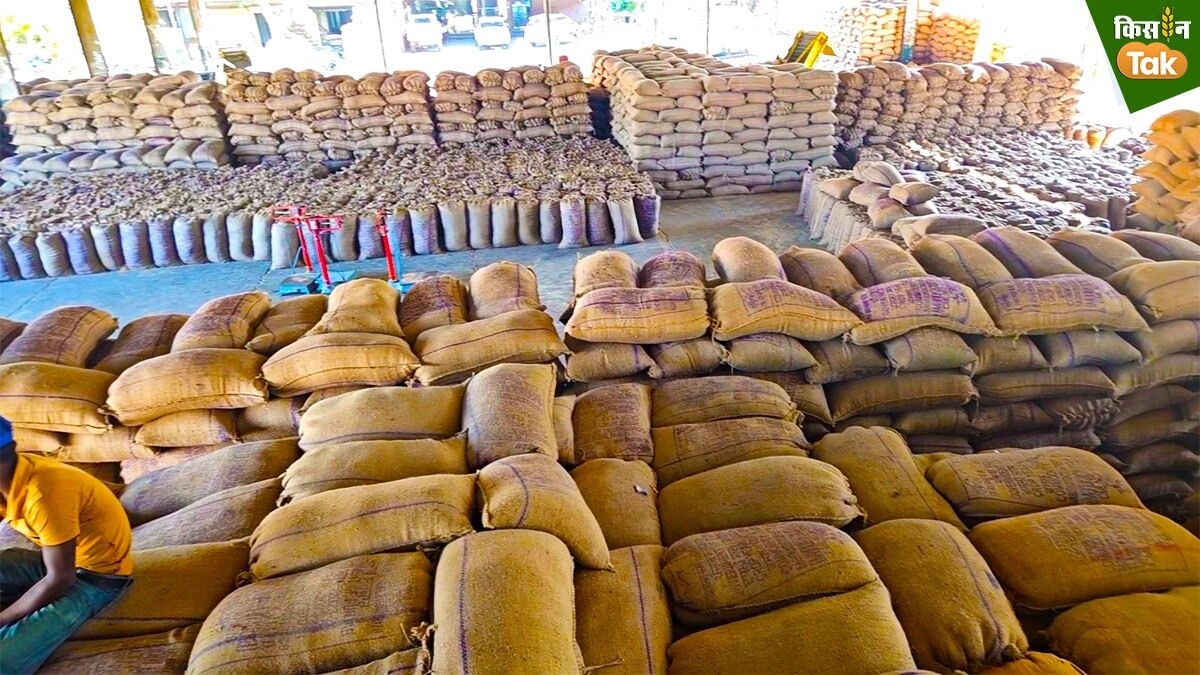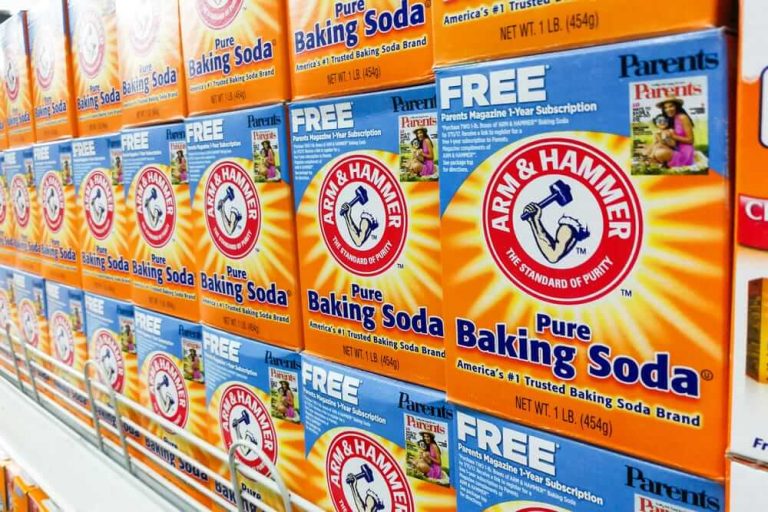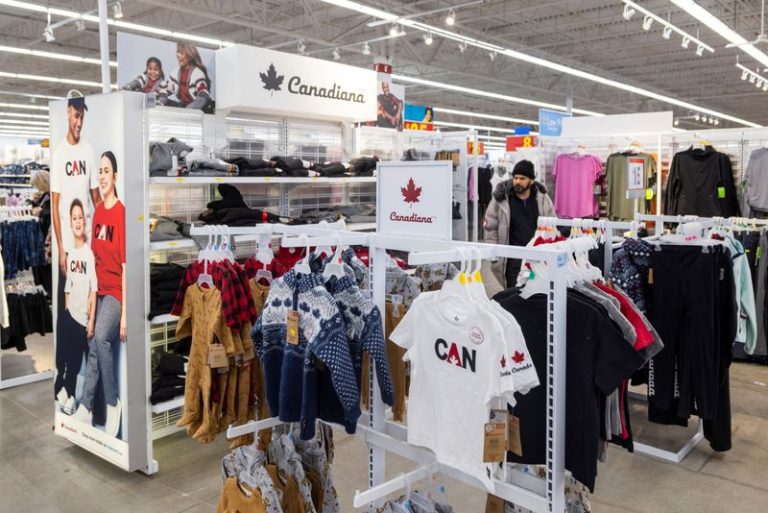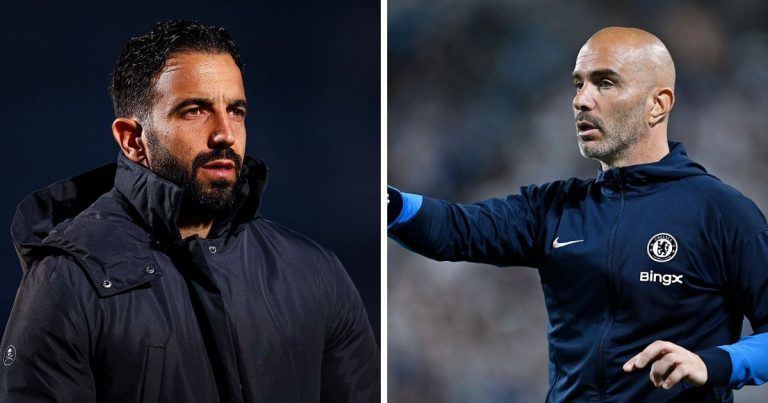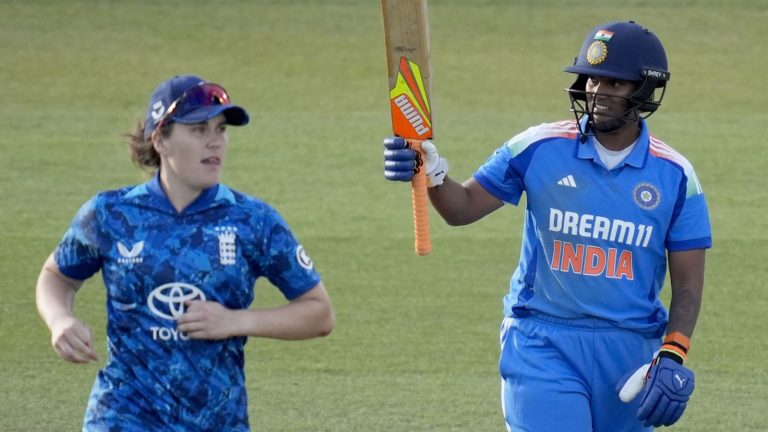Noted agriculture economist Dr Ashok Gulati has questioned the Centre’s large-scale free food distribution policy, arguing it is politically driven and fiscally unsustainable. “When you are saying your extreme poverty is just 5%, why are you giving free food to 800 million? Can’t they afford their food?” he said in a podcast conversation with Groww.
Dr Gulati, who is a distinguished professor at ICRIER and a former chairman of the Commission for Agricultural Costs and Prices (CACP), said that public resources in agriculture are being disproportionately directed towards subsidies instead of long-term investments. “Literally 80% of them is going in the form of subsidies and only 20% as in the form of investments,” he said, calling it a major policy distortion.
He pointed out that India spends nearly Rs 5 lakh crore annually on food, fertilizer, and agriculture-related subsidies, out of which Rs 4 lakh crore goes into pure subsidies. “Ultimately, you have to raise productivity and that will come through research and development. But we will spend almost two lakh crores on fertilizer subsidy or two lakh crore another one on food subsidy,” Gulati said, highlighting the imbalance.
Comparing India’s public spending on agricultural R&D to private global players, he remarked, “We are spending for the whole country for all the crops. Budget for agriculture R&D is less than Rs 10,000 crores. One company called Bayer is spending $1.7 billion. One company is equivalent to this country.”
Dr Gulati described the misuse and leakage in subsidies as systemic. “When you give free things or highly subsidised things, there is misuse, there is diversion, there are leakages in the system,” he said. His proposed solution: shift to direct benefit transfers for targeted beneficiaries.
He recalled a model proposed under former Prime Minister Atal Bihari Vajpayee’s government and called for its revival. “Prime Minister Vajpayee had a formula. He said Antodaya will get free. BPL people below poverty line they will have to pay half the minimum support price. And those who are above the poverty line will have to pay 90% of the minimum support price. I think we need to bring that.”
Dr Gulati was also critical of the emphasis placed on the minimum support price (MSP) mechanism. “Not more than 10% of farmers sell to government on minimum support price of their produce. And not more than 10% of agriculture produce is sold on MSP. So this MSP game is only for 10% of farmers and 10% of agriculture produce. 90% of agriculture produce and 90% of farmers are selling outside this MSP business.”
He explained that for staples like wheat and rice, procurement is highly concentrated in select states. “Wheat – just four states: Punjab, Haryana, Madhya Pradesh and then you start counting, okay, in Rajasthan a little bit and 1 million ton in UP, that’s all. And rice – five states.”
On broader reform, Gulati noted that the post-2020 farm laws could have marked a “1991 moment” for agriculture, akin to industrial liberalisation, but stressed that market liberalisation alone was not sufficient. “Thinking that just liberating markets can be a panacea for agriculture of all the things – no, there is a lot more to be done.”
He concluded by urging policymakers to refocus spending on critical areas such as irrigation, innovation, and sustainability. “You should incentivise the farmers to also protect the planet’s concerns. Save water, save soil, save greenhouse gas emission, save biodiversity and you should reward them for that because that’s what you have damaged in this race to feed large population.”
